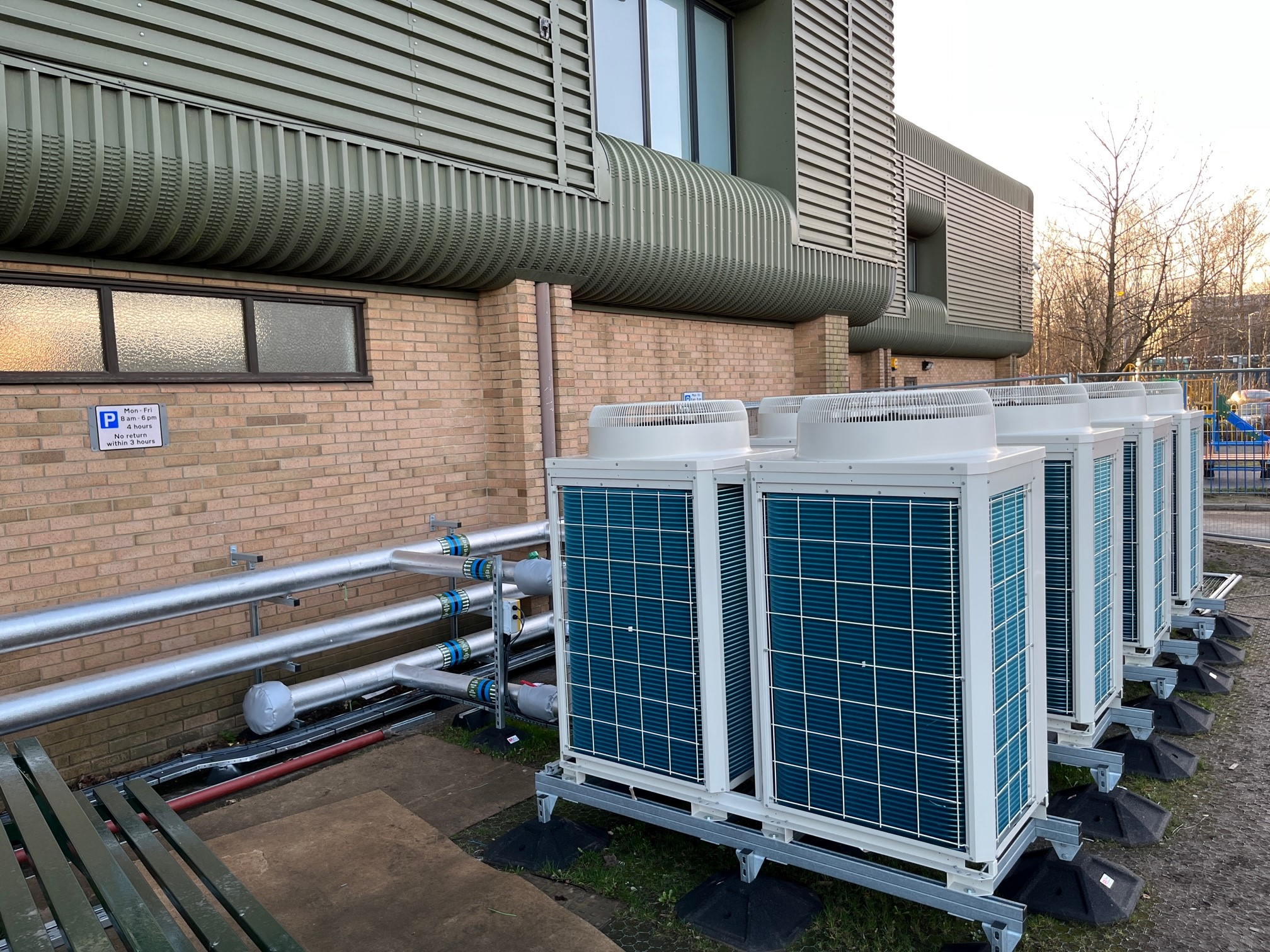
Funding supports heat decarbonisation plans and designs to help Durham County Council meet its 2030 net zero target
We have secured £190,000 in phase five of the Low Carbon Skills Fund (LCSF). The Department for Energy Security and Net Zero rolled out this funding to 118 public sector organisations by Salix Finance.
The Low Carbon Skills Fund is a programme rolled out by the government with the aim to help public sector organisations move towards low-carbon heating and reduce their carbon emissions. The LCSF is managed by Salix Finance, a not-for-profit organisation which focuses on funding energy efficiency projects for the public sector.
The funding will support the development of heat decarbonising plans and designs to reduce carbon emissions of certain buildings across County Durham. With the funding, we are focusing on small rural schools as well as several larger building that have not yet been surveyed for low carbon potential. So far, we have surveyed 5 of the sites and the rest is to follow soon.
What is the funding for?
Using this funding, we aim to create detailed heat decarbonisation plans for selected buildings. The plans help us understand what is needed to improve these buildings and make them more sustainable and reduce their carbon impacts and can provide crucial estimates of the cost and expected carbon savings. This gives us a more targeted approach to projects in these buildings and can allow us to apply for grant funding based on the report.
Developing plans for the decarbonisation of buildings can quickly become costly but these projects are vital to help us reach our net zero goals of 2030, as detailed in our Climate Emergency Response Plan. The LCSF grant is one of the many funding opportunities that help us achieve our goals and reduce overall costs.
What buildings are we focusing on?
We have decided to focus on small rural schools, which are often overlooked in larger funding schemes. These schools are essential parts of our communities, even when those are small rural communities. Many of these schools are based in older buildings with higher energy demands, resulting in higher energy bills and carbon emissions. Finding ways to decarbonise these schools will have an overall significant impact, freeing up funds to improve the school, improving the general experience within the school and updating the building to be more efficient.
We also decided to work on a few larger buildings, to make sure that as much ground as possible is covered to make County Durham more sustainable, more cost efficient, and reduce carbon emissions all around.
Why is this important?
Improving our buildings not only reduces carbon emissions and helps us achieve our net zero goals, but it also helps buildings run efficiently and save money and creates a healthier and more comfortable environment – helping both the environment and our community.
This funding opportunity helps us to drive meaningful change across our county, furthering our commitment to climate action and environmental responsibility.


